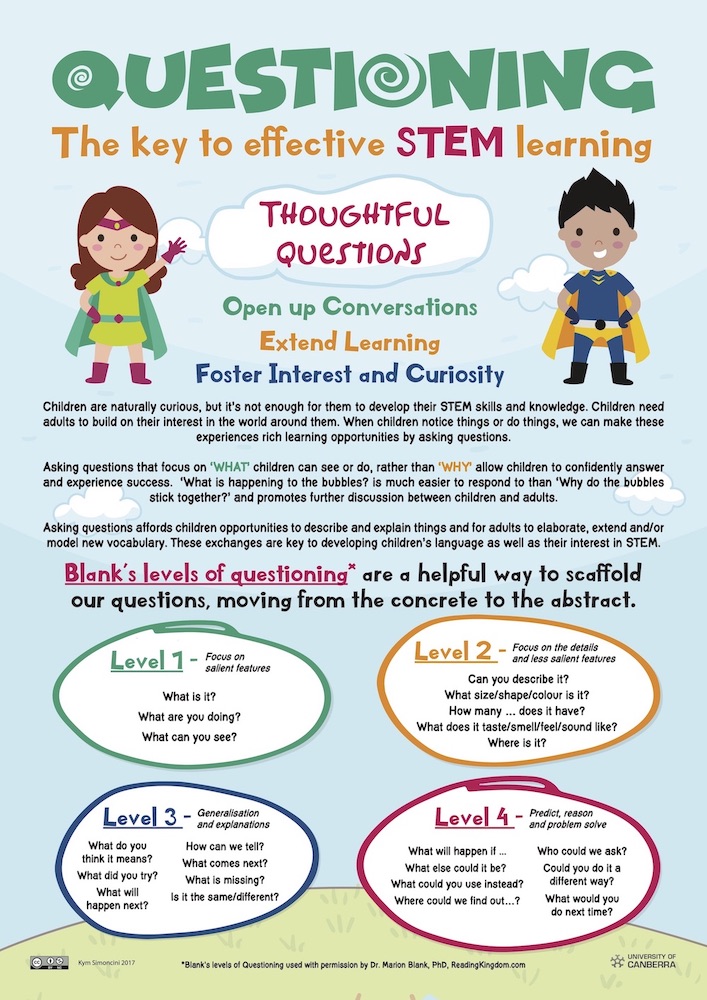Nurturing Young Minds STEM Adventures in Early Childhood

Nurturing Young Minds: STEM Adventures in Early Childhood
In the realm of early childhood education, the infusion of STEM (Science, Technology, Engineering, and Mathematics) principles has become a cornerstone for fostering holistic development in young minds. Through innovative approaches and hands-on experiences, educators are cultivating a fertile ground for curiosity to blossom and potential to thrive.
Playful Beginnings: Fostering STEM Learning in Early Education
Early childhood marks the formative years when a child’s mind is a sponge, eagerly absorbing the world around them. By introducing STEM concepts through play, educators create an environment where learning seamlessly intertwines with joy. Building with blocks becomes an architectural feat, and counting colorful objects transforms into a mathematical adventure. The foundation for future exploration is laid with each playful interaction.
Tiny Innovators: Early Childhood STEM Explorations Unleashed
In the pursuit of creating tiny innovators, educators are unleashing STEM explorations that captivate young imaginations. From simple experiments to observing the wonders of nature, children are exposed to the scientific method early on. These explorations not only stimulate curiosity but also foster critical thinking skills as young minds begin to grasp cause-and-effect relationships in the world around them.
Seeds of Knowledge: Growing STEM Skills in Early Learners
Just as a gardener nurtures seeds into thriving plants, educators play a crucial role in growing STEM skills in early learners. The foundational concepts of STEM subjects are introduced organically, allowing children to absorb knowledge at their own pace. As these seeds of knowledge take root, a love for learning and problem-solving begins to sprout, setting the stage for a lifelong journey of intellectual growth.
STEM Sprouts: Cultivating Curiosity in Early Childhood
Curiosity is the fuel that propels young minds into the realm of STEM. Educators act as cultivators, encouraging questions and providing avenues for exploration. By fostering an environment where curiosity is celebrated, children develop a natural inclination to seek answers and solutions. This curiosity-driven learning lays the groundwork for a mindset that thrives on inquiry and discovery.
Early STEM Explorers: Paving the Way for Future Innovators
The journey into STEM begins early, with educators paving the way for future innovators. Through interactive activities and age-appropriate challenges, children are encouraged to think creatively and approach problems with a solution-oriented mindset. These early experiences set the stage for the development of skills that are not only essential in STEM fields but also applicable across various facets of life.
Blossoming Brains: Integrating STEM in Early Childhood Education
Integration is key when it comes to embedding STEM principles into early childhood education. Rather than treating science, technology, engineering, and mathematics as isolated subjects, educators weave them into a cohesive tapestry of learning. This integrated approach allows children to see the interconnectedness of these disciplines, fostering a holistic understanding that transcends traditional educational boundaries.
Curious Kids, Bright Futures: The Essence of Early STEM Education
The essence of early STEM education lies in recognizing that every child is born naturally curious. By tapping into this inherent curiosity, educators are shaping bright futures. Through







